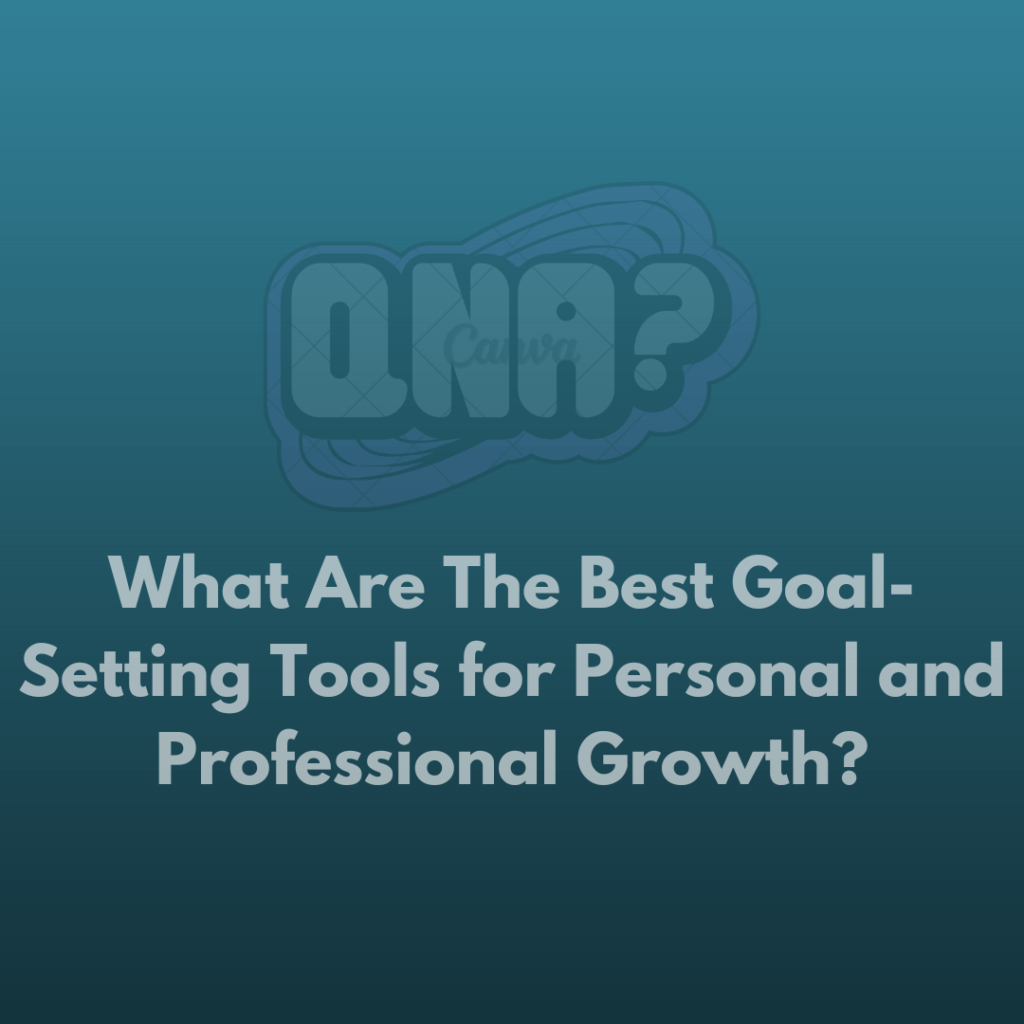Answer | In the rapidly evolving landscape of education, online learning has become an increasingly popular and essential mode of study. As more students embrace digital platforms for their educational pursuits, it’s crucial to understand and implement effective study techniques tailored to this unique environment. This comprehensive guide will explore the most powerful strategies to enhance your online learning experience, boost your productivity, and achieve academic success.
Understanding the Online Learning Environment
Before diving into specific techniques, it’s important to recognize the distinct characteristics of online learning:
- Flexibility in time and location
- Self-paced study options
- Diverse digital resources and tools
- Potential for increased distractions
- Limited face-to-face interaction
These factors necessitate a tailored approach to studying that leverages the advantages of online learning while mitigating its challenges.
The Power of Active Learning
Active learning is a cornerstone of effective online study techniques. It involves engaging with the material in a meaningful way, rather than passively consuming information.
1. The Pomodoro Technique
The Pomodoro Technique is a time management method that can significantly boost your focus and productivity during online learning sessions.
How it works:
- Choose a task to work on
- Set a timer for 25 minutes
- Work on the task until the timer rings
- Take a short 5-minute break
- Repeat the cycle
- After four “pomodoros,” take a longer break (15-30 minutes)
This technique helps maintain concentration and prevents burnout, making it ideal for tackling online coursework.
2. Spaced Repetition
Spaced repetition is a learning technique that involves reviewing information at increasing intervals over time. This method is particularly effective for retaining information long-term.
Implementation steps:
- Study the material initially
- Review after 1 day
- Review again after 3 days
- Review after 1 week
- Review after 2 weeks
- Continue increasing intervals based on your retention
Many online learning platforms and apps incorporate spaced repetition algorithms, making it easier to implement this technique in your studies.
3. The Feynman Technique
Named after physicist Richard Feynman, this technique involves explaining complex concepts in simple terms to enhance understanding and retention.
Steps to apply the Feynman Technique:
- Choose a concept you want to learn
- Explain it to an imaginary 12-year-old (or use a rubber duck!)
- Identify gaps in your explanation
- Review and simplify your explanation
This technique not only reinforces your understanding but also helps identify areas that need further study.
Leveraging Digital Tools for Enhanced Learning
Online learning provides access to a wealth of digital tools that can significantly improve your study experience.
1. Note-Taking Applications
Digital note-taking apps offer numerous advantages over traditional pen-and-paper methods:
- Easy organization and searchability
- Multimedia integration (images, audio, video)
- Cloud synchronization across devices
- Collaboration features
Popular options include:
- Evernote
- OneNote
- Notion
- Google Keep
Choose an app that aligns with your study style and take advantage of its features to enhance your note-taking process.
2. Mind Mapping Software
Mind mapping is a powerful visual technique for organizing information and connecting ideas. Digital mind mapping tools offer additional benefits:
- Easy editing and rearranging
- Collaboration with peers
- Integration with other productivity tools
Some excellent mind mapping software options include:
- MindMeister
- Coggle
- XMind
Experiment with different tools to find the one that best suits your learning style and course requirements.
3. Flashcard Apps
Digital flashcards are an excellent way to implement spaced repetition and active recall in your online learning routine.
Benefits of flashcard apps:
- Automated spaced repetition algorithms
- Multimedia integration (images, audio)
- Progress tracking and analytics
- Mobile accessibility for on-the-go studying
Popular flashcard apps include:
- Anki
- Quizlet
- Brainscape
Create custom flashcard decks for your courses and use them regularly to reinforce your learning.
Effective Time Management Strategies
Time management is crucial for success in online learning, where self-discipline plays a significant role.
1. Create a Dedicated Study Schedule
Establish a consistent study routine to maintain focus and productivity:
- Identify your most productive hours
- Block out specific time slots for studying
- Communicate your schedule to family or roommates
- Stick to your schedule as much as possible
Remember to include breaks and time for self-care in your schedule to prevent burnout.
2. Use the Eisenhower Matrix for Task Prioritization
The Eisenhower Matrix is a simple but effective tool for prioritizing tasks based on their importance and urgency.
| Urgency/Importance | Tasks |
|---|---|
| Urgent & Important | Do First |
| Not Urgent & Important | Delegate |
| Urgent & Not Important | Delegate |
| Not Urgent & Not Important | Not Important |
Categorize your tasks using this matrix to ensure you’re focusing on high-priority activities and avoiding time-wasters.
3. Implement the Two-Minute Rule
The Two-Minute Rule, popularized by productivity expert David Allen, states that if a task takes less than two minutes to complete, do it immediately.
This principle can help you:
- Prevent small tasks from piling up
- Maintain momentum in your studies
- Reduce procrastination
Apply this rule to quick tasks like responding to emails, organizing notes, or setting up your study space.
Enhancing Focus and Minimizing Distractions
Online learning environments can be rife with distractions. Implementing strategies to enhance focus is crucial for effective studying.
1. Create a Distraction-Free Study Space
Design a dedicated study area that minimizes external distractions:
- Choose a quiet location
- Ensure proper lighting and ergonomics
- Remove or silence electronic devices not needed for studying
- Use noise-cancelling headphones if necessary
A consistent, distraction-free environment can significantly improve your focus and productivity.
2. Utilize Website Blockers and Focus Apps
Leverage technology to combat digital distractions:
- Website blockers (e.g., Freedom, Cold Turkey)
- Focus apps (e.g., Forest, Focus@Will)
- Screen time management tools built into your devices
These tools can help you stay on track and avoid the temptation of social media or other online distractions during study sessions.
3. Practice Mindfulness and Meditation
Incorporating mindfulness techniques can improve your focus and reduce stress:
- Start with short 5-10 minute meditation sessions
- Use guided meditation apps (e.g., Headspace, Calm)
- Practice deep breathing exercises between study sessions
Regular mindfulness practice can enhance your ability to concentrate and manage the challenges of online learning.
Collaborative Learning in the Digital Space
While online learning can sometimes feel isolating, there are numerous ways to engage in collaborative learning experiences.
1. Participate in Virtual Study Groups
Form or join virtual study groups to enhance your learning experience:
- Use video conferencing tools (e.g., Zoom, Google Meet)
- Schedule regular meetups to discuss course material
- Share resources and insights with peers
- Practice explaining concepts to reinforce your understanding
Virtual study groups can provide motivation, accountability, and diverse perspectives on the course material.
2. Engage in Online Discussion Forums
Actively participate in course forums or discussion boards:
- Ask thoughtful questions
- Respond to your peers’ inquiries
- Share relevant resources or insights
- Seek clarification on complex topics
Engaging in these discussions can deepen your understanding of the material and expose you to different viewpoints.
3. Utilize Peer Review and Feedback
Seek out opportunities for peer review and feedback:
- Exchange assignments with classmates for review
- Provide constructive feedback on others’ work
- Be open to receiving feedback on your own work
- Use collaborative tools (e.g., Google Docs) for easy sharing and commenting
This collaborative approach can improve the quality of your work and help you develop critical thinking skills.
Maintaining Physical and Mental Well-being
Effective online learning requires a holistic approach that includes caring for your physical and mental health.
1. Incorporate Regular Exercise
Physical activity is crucial for maintaining cognitive function and reducing stress:
- Take short exercise breaks between study sessions
- Try desk exercises or stretching routines
- Schedule regular workouts as part of your daily routine
- Consider using standing desks or treadmill desks for light activity while studying
Even brief periods of exercise can improve focus, mood, and overall well-being.
2. Prioritize Sleep and Rest
Adequate sleep is essential for memory consolidation and cognitive performance:
- Maintain a consistent sleep schedule
- Create a relaxing bedtime routine
- Avoid screens for at least an hour before bed
- Ensure your sleeping environment is comfortable and conducive to rest
Prioritizing sleep will enhance your ability to learn and retain information effectively.
3. Practice Self-Care and Stress Management
Implement stress-reduction techniques to maintain mental health:
- Take regular breaks to recharge
- Practice gratitude journaling
- Engage in hobbies or relaxing activities
- Connect with friends and family for social support
A balanced approach to self-care will help you maintain motivation and prevent burnout in your online learning journey.
Conclusion
Mastering effective study techniques for online learning is an ongoing process that requires experimentation and adaptation. By implementing the strategies outlined in this guide – from active learning methods and digital tool utilization to time management and self-care practices – you can optimize your online learning experience and achieve academic success.
Remember that every learner is unique, so don’t hesitate to modify these techniques to suit your individual needs and learning style. Stay curious, remain persistent, and embrace the flexibility and opportunities that online learning provides. With the right approach and mindset, you can thrive in the digital education landscape and reach your academic goals.


